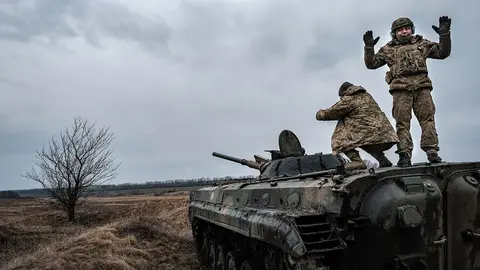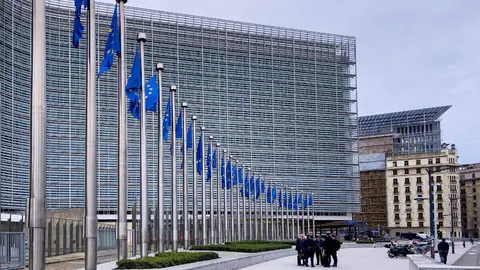The United States negotiates separately with Russia and Ukraine to achieve a partial ceasefire
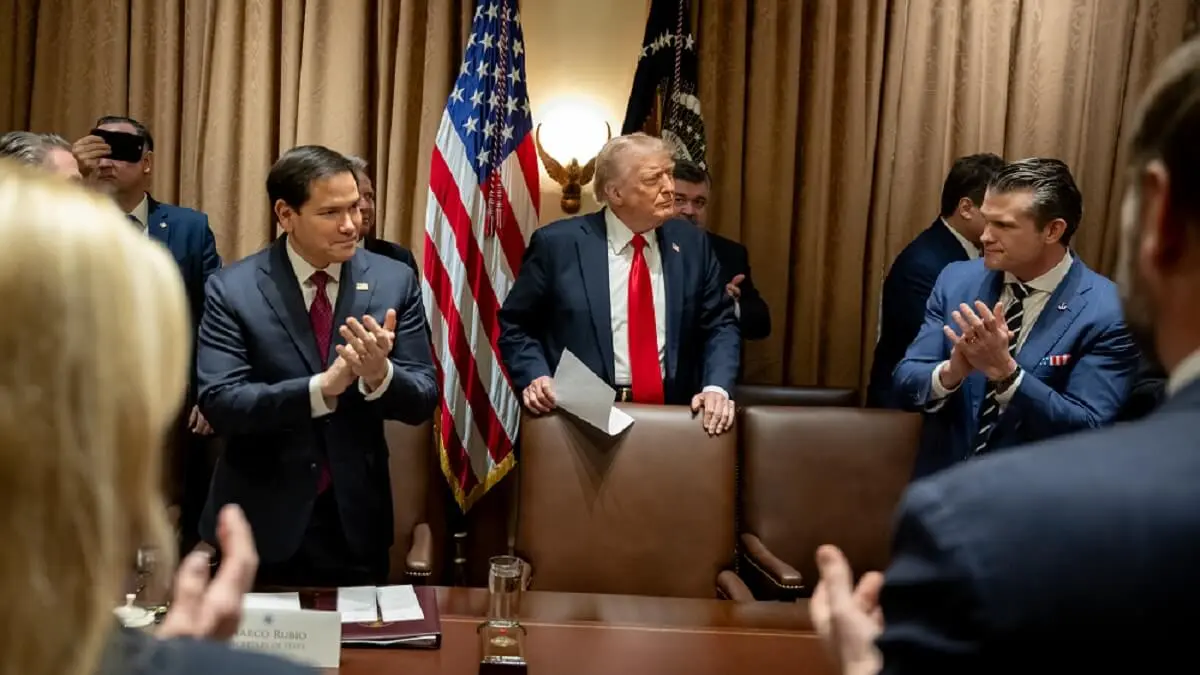
- Russia and Ukraine do not respect the truce
- Trump and nuclear control
- The role of China
- An uncertain future
After more than three years of conflict, the United States has taken the lead in the negotiations for a ceasefire between Russia and Ukraine.
To this end, the US government has held separate meetings with representatives of all the countries involved in the conflict in Riyadh, Saudi Arabia, with the aim of implementing a 30-day truce with some nuances that both Moscow and Kiev have not seen with a negative eye.
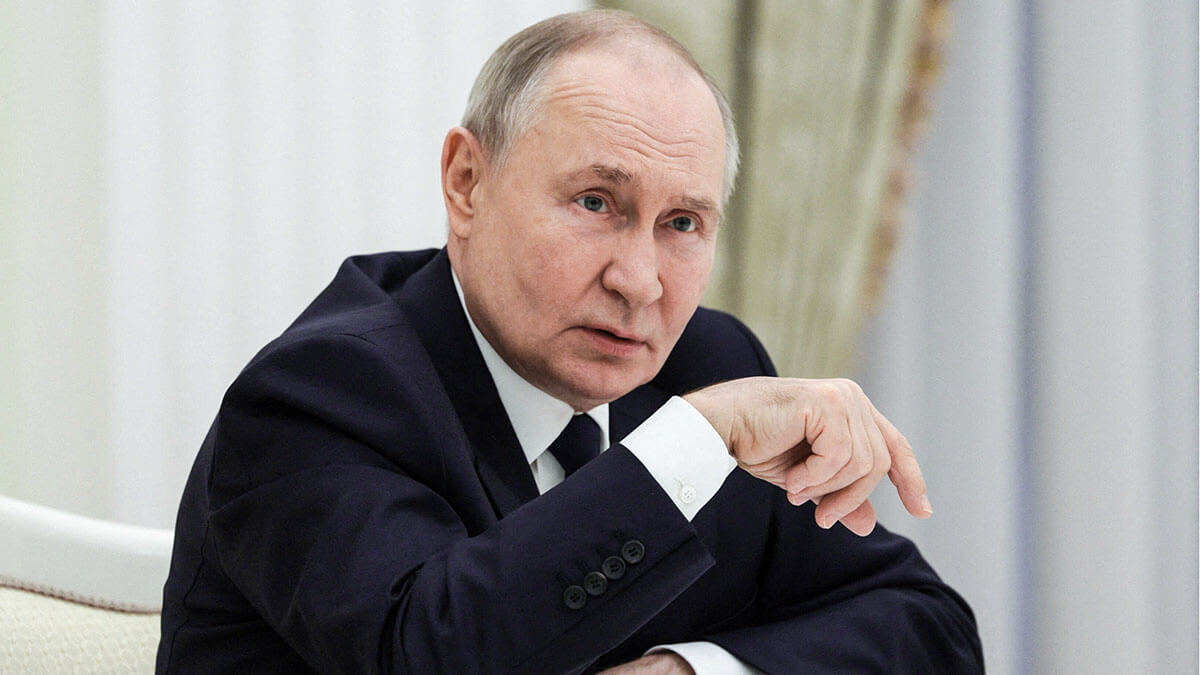
However, despite their agreement, the main problem in the negotiations lies in defining which objectives are exempt from attack and therefore fall under the ceasefire. While the White House insists that energy and transport infrastructure must be protected, the Kremlin has stated that for them the agreement only includes energy infrastructures.
In view of this, the Ukrainian president added that ports and rail networks must remain free from attack in order to ‘safeguard the country's economy and guarantee supplies for Ukrainians’.
On the other hand, the negotiations in Riyadh dealt with the possibility of stopping the bombing in the Black Sea in order to guarantee the safety of commercial ships from countries not involved in the conflict and not to further undermine the global economy; but the lack of consensus has denied the possibility of signing any kind of agreement on this.
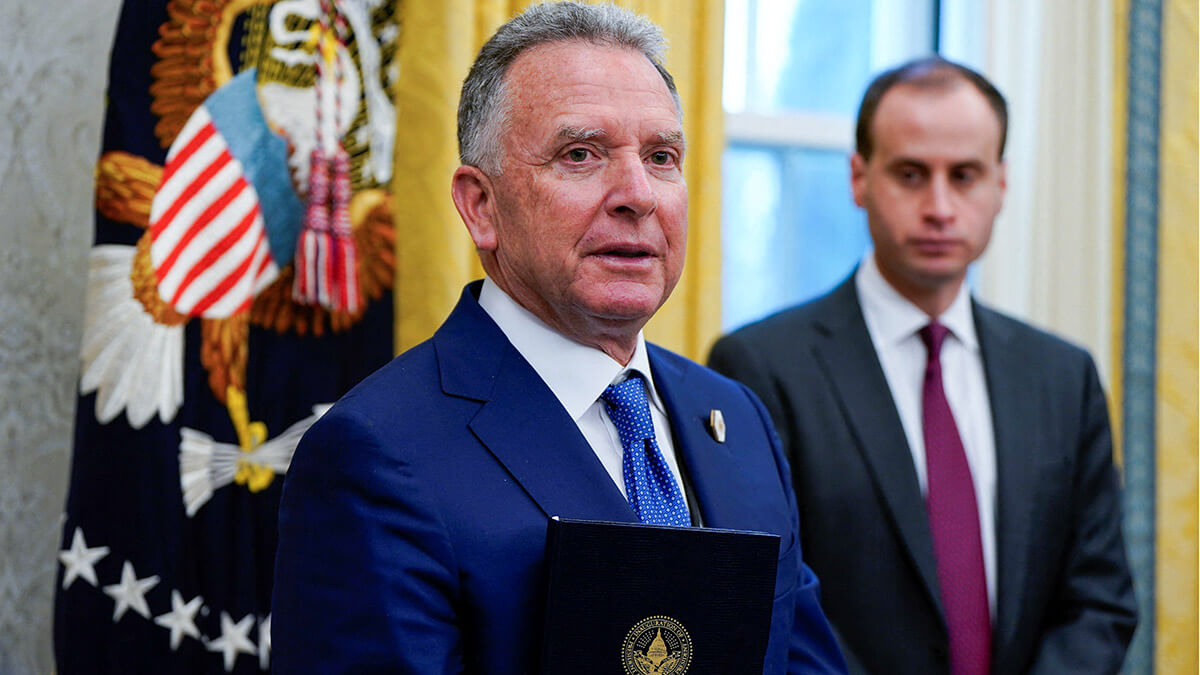
Russia and Ukraine do not respect the truce
Despite the signing of the ceasefire, the bombing by both sides has not ceased in the last week.
The journalist and reporter, María Senovilla, told us that the Russian administration was carrying out attacks on the energy infrastructure, despite the fact that the agreement stated that these targets were included in the ceasefire. In addition, a Russian missile hit the city of Sumy, damaging homes and a school and leaving 65 people injured, including 14 children.
In response to these attacks, in which Shahed drones of Iranian origin could also be seen, in cities such as Kharkiv and Odessa, Ukraine attacked the bases where Russia stores weapons for its fighter planes and combat aircraft. These latest attacks were confirmed by the Russian Ministry of Defence, which also reported that a Ukrainian drone attempted to attack oil installations in the south of the country.
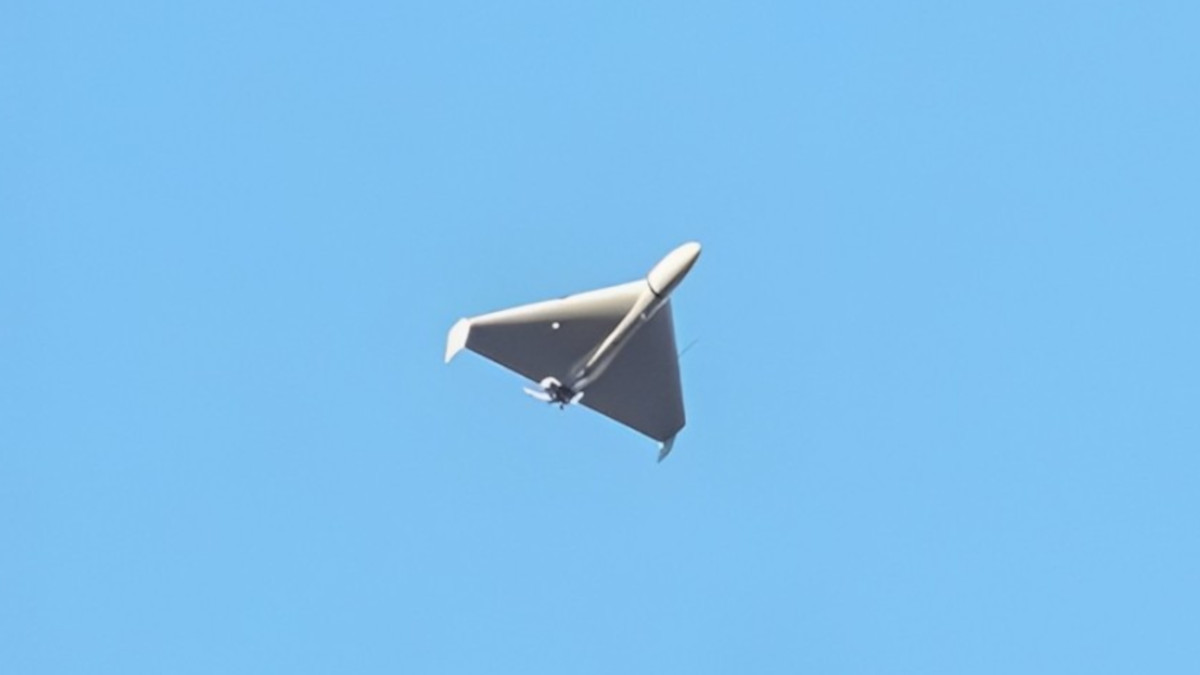
Since the war began, hundreds of attacks by Russian hackers have been constantly affecting Ukraine's infrastructure and key economic sectors. This time the cyber-attack affected the Ukrainian national railway company, Ukrzaliznytsia, which reported that on Sunday it suffered a ‘large-scale and organised cyber-attack’ that affected its online booking system, but did not stop the trains from operating.
So this is what "an immediate ceasefire on all energy and infrastructure" looks like?
— Ukrainian railways || Укрзалізниця (@Ukrzaliznytsia) March 19, 2025
At 1:20 AM, Russia struck @Ukrzaliznytsia' energy facilities in Dnipro region—twice, even as firefighters and a rescue train worked. Some railway sections lost power, but trains keep running. pic.twitter.com/yuxODT2iBP
Trump and nuclear control
In addition to the ceasefire, in the negotiations, the US Administration suggested that it should be the United States that takes control of the Zaporizhzhia nuclear power plant, one of the largest in the world, which is currently under Russian occupation.
In support of the proposal, US President Donald Trump argued that only his country is capable of operating the Zaporizhzhia nuclear plant, since conditions have worsened since Russia took control of it.
This decision has not been welcomed in Kiev as the Zaporizhzhia plant continues to supply electricity to the Ukrainian grid.
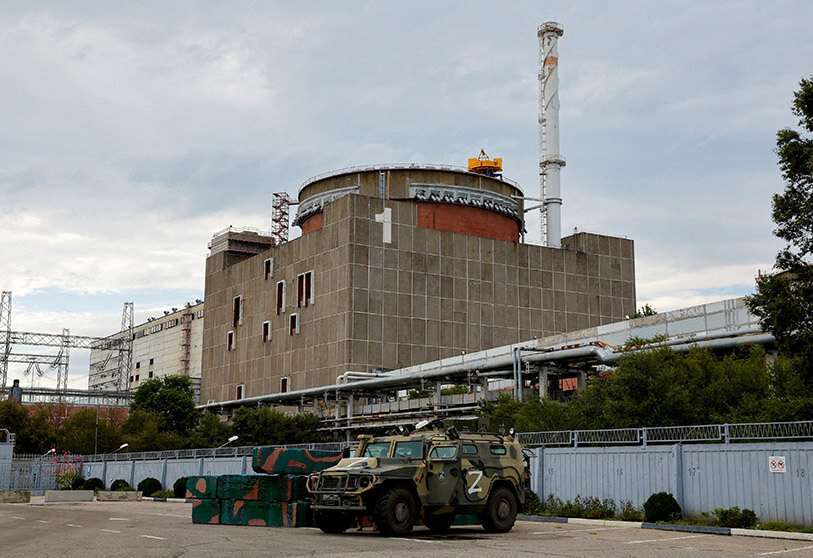
The role of China
Considered one of the least belligerent world powers, Chinese diplomats have ruled out any possibility of sending peacekeeping forces to supervise a possible agreement in Ukraine, in response to rumours that the Chinese Foreign Ministry spokesman, Lin Jian, described as ‘totally false’, and confirmed that Beijing's position has remained the same since the conflict began in 2022.
China has provided economic and diplomatic support to Russia, but has not yet supplied weapons or deployed personnel in the conflict.
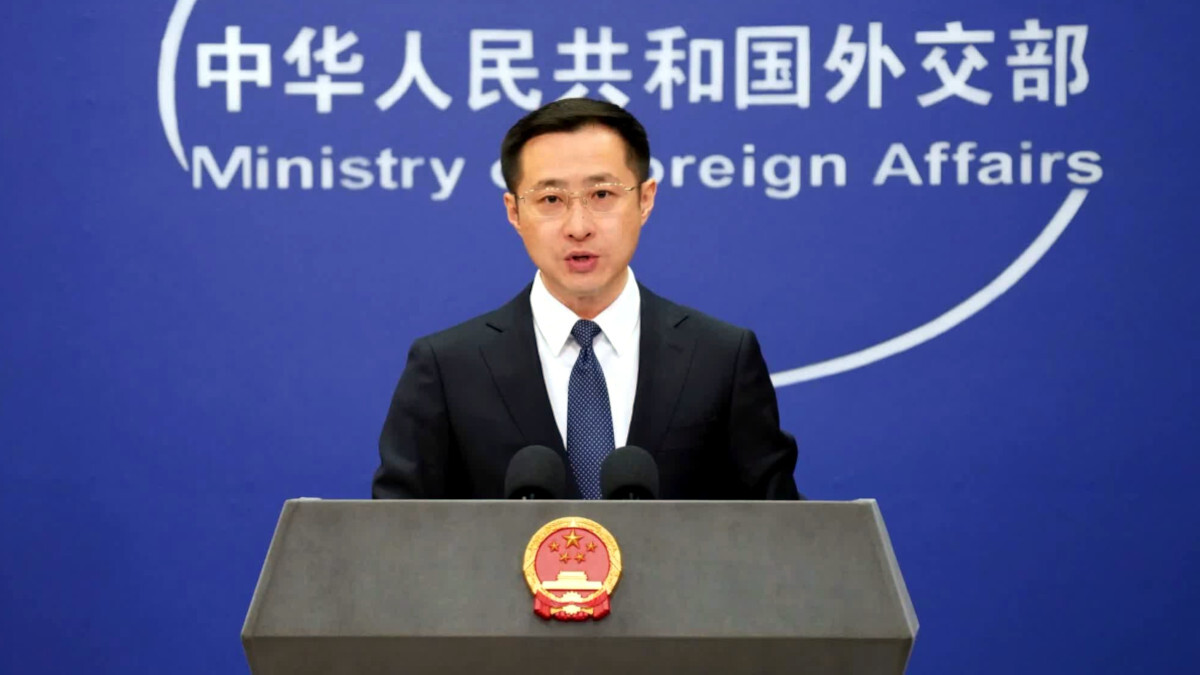
An uncertain future
The future of the ceasefire remains uncertain. Although Zelensky has repeatedly signalled his willingness to accept a 30-day truce, as proposed by Donald Trump, Vladimir Putin is said to have indicated that he ‘will only accept it if the cessation of US and European aid and support for Ukraine is complete’; a condition that he described as sine qua non that neither Americans nor Europeans accept and categorically reject.
In the end, special envoy Steve Witkoff said he remains optimistic about the cessation of hostilities in the Black Sea. Witkoff sees that point of the agreement as the beginning of the end.

